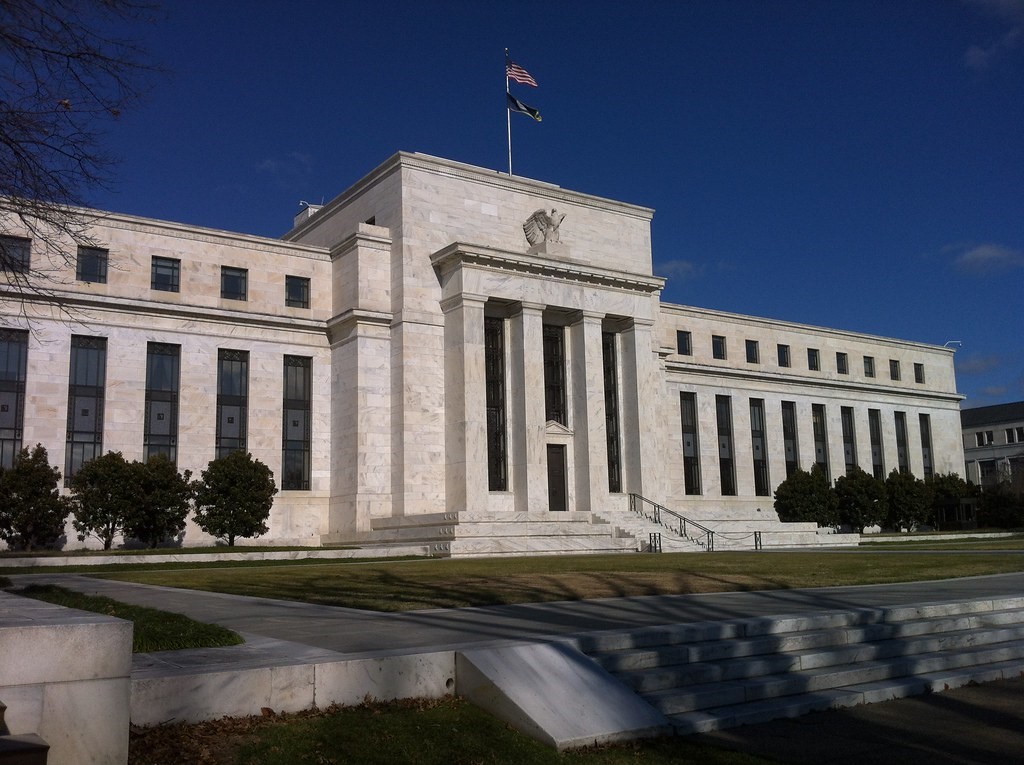World stock markets overall showed a mixed trend on Wednesday even as the U.S. central bank’s (Fed) decision to raise rates ended with Wall Street floundering.
The US Federal Reserve decided on an accommodative hike of only 0.25% in its key rate and signalled that it was considering only one more hike of that order in the near term, against the backdrop of the recent banking crisis.
Wall Street fell sharply, with the Dow Jones dropping 1.63% and the Nasdaq 1.60% while the S&P 500 lost 1.65%.
European markets end the day with mixed results
At the same time, Fed chairman Jerome Powell sought to reassure the financial world about the banking crisis, saying at a press conference that “the banking system is safe” and that “deposit flows in the banking system have stabilised over the last week.”
For their part, the European markets, which closed before the Federal Reserve’s announcement, ended on a mixed trend: Paris gained 0.26%, London 0.41% and Frankfurt 0.14%, but Milan gave up 0.12%.
Walking a tightrope between the imperative to raise interest rates to fight stubborn inflation, and the temptation to rein in those hikes to avoid further banking turmoil, the Fed chose to raise rates only modestly.
Banks’ collapse tightened financial conditions
Jerome Powell argued that the banking crisis had the potential “to weigh on economic activity” even if all the depositors’ money was safe.
In other words, the banking episode that saw the collapse of two US regional banks and the fire-sale takeover of Credit Suisse by rival UBS, has tightened financial conditions.
Such a tightening of financial conditions goes in the same direction as a tightening of rates, and can even be seen as the equivalent of a rate hike, Powell said at his press conference.
US banks still feeling the effect of fear
Despite his reassurances that the banking system is “sound,” fears around US regional banks have not yet completely disappeared. First Republic, which had gained 30% on Tuesday thanks to government bailouts, fell 15.47%.
California’s Pacwest also slumped 17.12% after it said it had recorded the withdrawal of 20% of its customers’ deposits.
U.S. Treasury Secretary Janet Yellen added to Wall Street’s concerns by telling the U.S. Senate that there were no plans to broadly increase coverage of bank deposits, currently limited to $250,000.
Europe’s banks hold steady
Europe’s banking sector held steady, according to the broader Eurostoxx 600 Bank Index.
In the bond market, yields on 10-year US Treasuries eased broadly to 3.44% from 3.60% the previous day.
After the Fed on Wednesday, it will be the Bank of England’s turn on Thursday to pronounce on its monetary policy as inflation rose again in February to 10.4%, when economists were betting on a decline. UK government bond yields jumped to 3.45% for 10-year maturity.
European real estate suffers
The real estate sector had been the worst hit on Wednesday ahead of the Fed’s announcements. A note from Morgan Stanley bank estimates that the share prices of most European companies in the sector will fall in the face of high interest rates.
URW fell 7.50% in Paris, Vonovia 4.50% and Deutsche Wohnen 2.29% in Frankfurt, CTP 2.12% in Amsterdam and British Land 6.89% in London.
British soda maker Fevertree soared 9.46% in London after reporting better-than-expected 2022 results.
Oil up, dollar down
Oil rose after an unexpected rise in U.S. oil stocks.
North Sea Brent crude for May delivery rose 1.81% to close at $76.69 a barrel. U.S. West Texas Intermediate (WTI), also due in May, gained 1.75% to $70.90.
The dollar slid against the euro, giving up 0.80% at around 20:35 GMT to end at $1.0857 to the euro, its lowest rate in a month and a half. Earlier, it had fallen to $1.0912.
.

